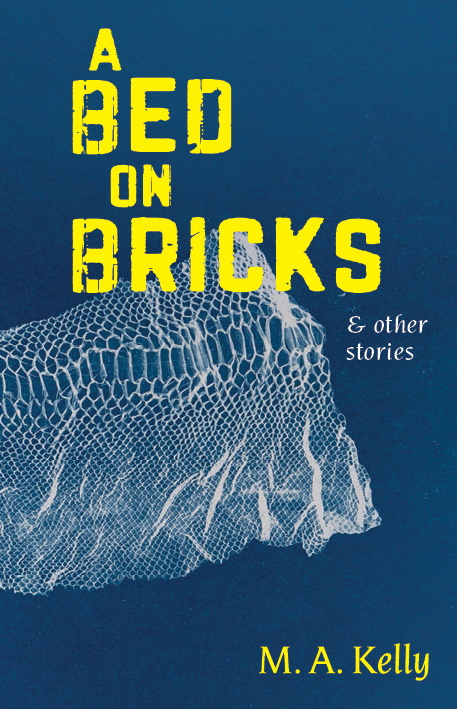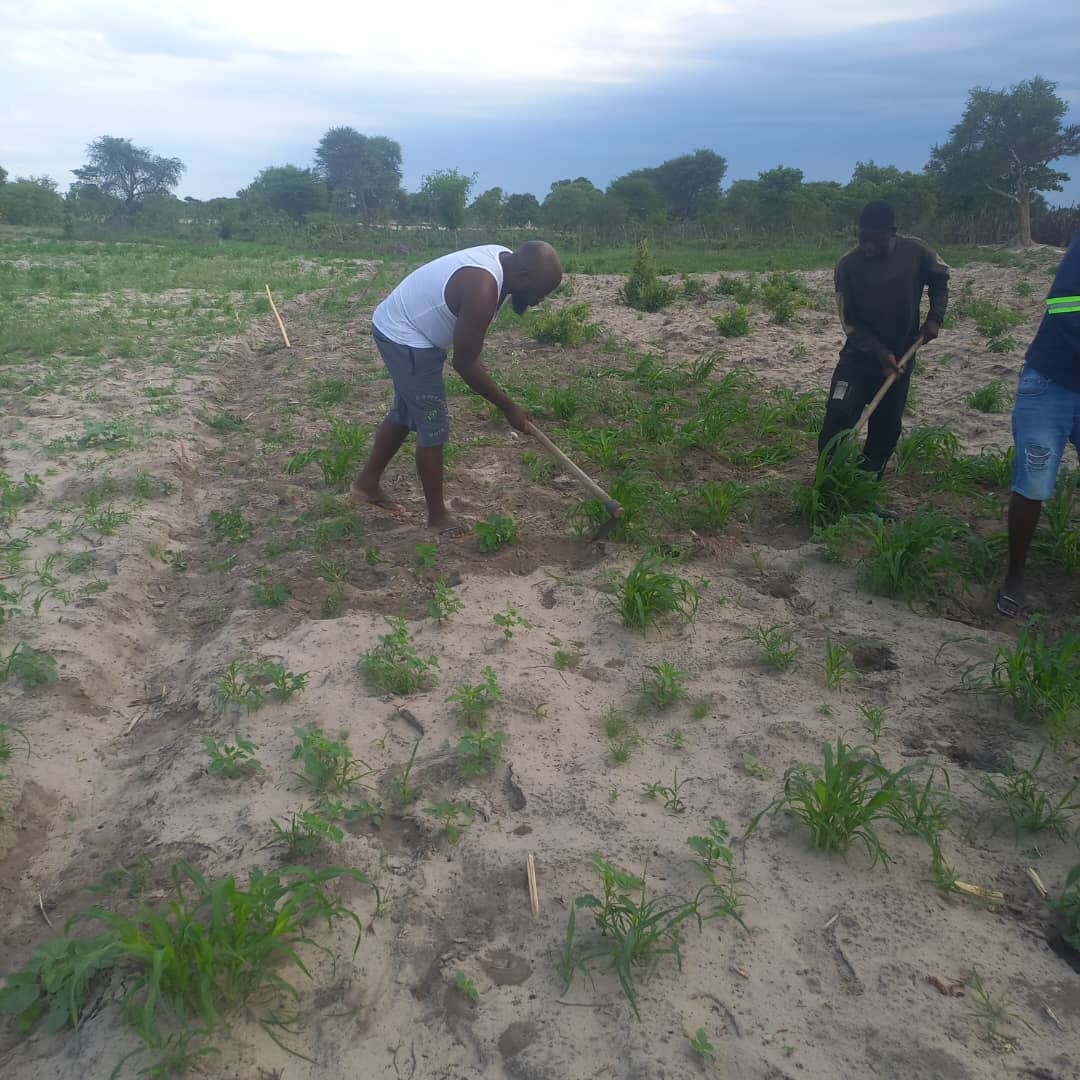A Bed on Bricks’ by M A Kelly is a rich collection of short stories detailing the widely varied realities and layered characters to be found across the southern African region and further afield.
Kelly’s writing is engrossing and transportive, ranging from the bizarre to the ironic, with some stories reaching an apex and others seemingly meandering along. Ultimately, the reader is left with a strange sense of satisfaction at the sheer absurdity of it all, or nodding in agreement in recognition of the varied cultural misunderstandings and everyday chaos of life on the beautiful continent.
The stories invariably reflect on these “culture clashes” and “how we misunderstand each other and fail to communicate – until something forces us to evaluate – and hopefully change – how we stand in relation to each other” says Kelly.
She certainly has a knack of getting to the very heart of characters from various cultural backgrounds, perhaps linking back to her early experiences of being raised in Manchester, England, to working-class parents.

“My mother’s family were Italian immigrants. We did a fair bit of travelling in European countries, then later on, backpacking. I first visited Kenya in the early 80s and have travelled to many Asian and sub-Saharan countries since.”
‘A Bed on Bricks’ does so much more than simply introduce the reader to a country and its characters, however, it creates microcosms of the unique and multifaceted culture of each place and time.
From old Zimbabwe in ‘Progress’ to modern-day Botswana, still rife with fears of superstition and witchcraft in ‘Mother’s Milk’.
Kelly demonstrates incredible skill in her ability to create well-rounded characters and scenarios, seamlessly switching between these in each of the short stories, each creating a world of their own and each driving the plot along to a contented conclusion.
“I pretty much invent the characters and plots out of thin air, going for long walks and daydreaming,” says Kelly.
At times, these occasionally mirror people, places and events that Kelly has known “but only very loosely” she says.
Namibia is the scene for ‘Double-barelled’ and the title story, ‘A Bed on Bricks’, while the Mother City features in ‘Ticks, Even’, which reflects on another running theme of ‘A Bed on Bricks’, observations from nature.
Many of Kelly’s short stories reflect an innate love of all creatures, from domestic pets to creepy crawlies and even those that scamper across the roof.
This perhaps harks back to Kelly’s days as a zookeeper at the London Zoo during her teens, and later a veterinary nurse.
Kelly came to Namibia in 1998, working as a language editor and writing for The Namibian, but it was only in 2017 that she says she finally had the time and the ‘head space’ to begin to write some of the stories she had been mulling over for the best part of a decade.
“I already have the ‘raw materials’ of any story plotted out on paper before I sit down to type.
“A rough draft will usually emerge after a month or so, then I return to it many times over to re-work it. Some weeks I might do a solid 30 hours of research, writing and revision; but often I won’t do any work on a story at all for months if I feel it needs to sit and ‘marinate’ a bit.”
Kelly says putting the collection together took a few years and included manuscript development as an integral part of the process of “rigorous revision, editing, and proofreading”.
“The collection is the culmination of many decades of experience, as well as a lifetime spent reading excellent literature,” says Kelly, while noting that the ups and downs of life, generally produce the maturity to develop a nuanced point of view.
This layered richness is apparent in the quality of Kelly’s writing, which is both brilliantly descriptive and will likely send even seasoned readers to the dictionary at least a dozen times.
Kelly says the publishing process is “not for the fainthearted or those who lack tenacity”.
“I was lucky enough to be able to ‘trial’ my stories with The Kalahari Review and thereby gain confidence – through the editor there, Derek Workman – that my tales should reach a wider readership.”
Kelly submitted the collection to various publishing houses five years ago but “for whatever reason, they were not deemed a good fit for their fiction imprints”.
“Modjaji Books eventually developed the manuscript with a very high degree of professionalism,” says Kelly who hopes to work with the publishers again on her next collection: ‘The Limbo Circus’.
Kelly was also involved in conceptualising the book’s arresting cover. She was aiming for something “visually striking” and not “too pastel-pretty or insipid”.
“I wanted it to pack a bit of a punch!”
Her advice to other writers is simply to read good books.
“If you consume junk, you will waste your time (and often, money) and derive no creative nourishment.”
This doesn’t only mean reading classic works of fiction, says Kelly, who reads long-form factual essays and historical books which “stoke her curiosity endlessly”.
“And keep your eyes and ears open for interesting situations, conversations, and note down anything that you think will form the genesis of an arresting narrative.
“Lastly, research, review and rewrite, then do it all over again!”
Stay informed with The Namibian – your source for credible journalism. Get in-depth reporting and opinions for
only N$85 a month. Invest in journalism, invest in democracy –
Subscribe Now!







